2024 Election
The Society for Cryobiology 2024 election will be held October 14-28, 2024.
The Society for Cryobiology 2024 election will be held October 14-28, 2024.
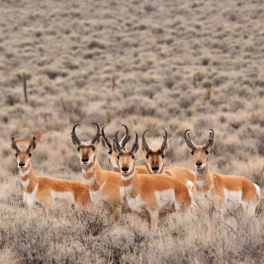 The nonprofit, Revive & Restore, will be funding a fresh initiative to preserve tissue samples from one-quarter of all threatened and endangered mammal species in the USA. Only 14% of the 1700 USA endangered species have already been cryopreserved. Biologists from the U.S. Fish and Wildlife Service will collect the samples; the San Diego Zoo Wildlife Alliance and cloning company, ViaGen Pets & Equine will perform the cryopreservation, genome sequencing, and cell line creation. These cell samples will be stored in the U.S. Department of Agriculture's national repository for cryopreservation. Read the full article
The nonprofit, Revive & Restore, will be funding a fresh initiative to preserve tissue samples from one-quarter of all threatened and endangered mammal species in the USA. Only 14% of the 1700 USA endangered species have already been cryopreserved. Biologists from the U.S. Fish and Wildlife Service will collect the samples; the San Diego Zoo Wildlife Alliance and cloning company, ViaGen Pets & Equine will perform the cryopreservation, genome sequencing, and cell line creation. These cell samples will be stored in the U.S. Department of Agriculture's national repository for cryopreservation. Read the full article
 Starting in October 2023, Tokyo women aged 18 to 39 can get subsidies of up to ¥300,000 to cryopreserve their eggs for future pregnancies. They must attend information sessions and participate in follow-up government surveys. Initially, they can get ¥200,000 for cryopreserving, with an additional ¥20,000 yearly for up to five years, by updating the government on the eggs' status. This data will help shape future policies. Tokyo will support companies offering Cryopreservation Leave. Moreover, the government will subsidize fertility treatments—like artificial insemination using frozen eggs—up to ¥250,000 per session for six sessions for married or de facto married women under 43. Read the full article
Starting in October 2023, Tokyo women aged 18 to 39 can get subsidies of up to ¥300,000 to cryopreserve their eggs for future pregnancies. They must attend information sessions and participate in follow-up government surveys. Initially, they can get ¥200,000 for cryopreserving, with an additional ¥20,000 yearly for up to five years, by updating the government on the eggs' status. This data will help shape future policies. Tokyo will support companies offering Cryopreservation Leave. Moreover, the government will subsidize fertility treatments—like artificial insemination using frozen eggs—up to ¥250,000 per session for six sessions for married or de facto married women under 43. Read the full article
I am pleased to announce the following winners of the 2023 Society for Cryobiology election:
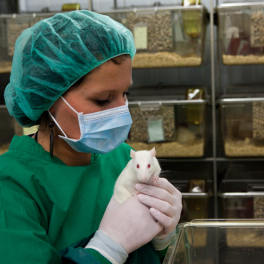 A stunning article in Science (Vol 380, Issue 6652; June 2023) featured a dozen Society for Cryobiology members including, Joseph Sushil Rao, Sebastian Giwa, Mehmet Toner, John Bischof, and Society President, Greg Fahy. The article focused on Dr. Sushil Rao at the University of Minnesota and the first successful transplant of vitrified, nanowarmed rat kidney. Using a mixture of cryoprotectants and iron particles, the kidney was cooled to -150°C and then rewarmed using a magnetic coil that flipped orientation 36,000 times per second. The recipient rat lived for 30 days with the transplant organ and the process was successfully repeated with four more rats.
A stunning article in Science (Vol 380, Issue 6652; June 2023) featured a dozen Society for Cryobiology members including, Joseph Sushil Rao, Sebastian Giwa, Mehmet Toner, John Bischof, and Society President, Greg Fahy. The article focused on Dr. Sushil Rao at the University of Minnesota and the first successful transplant of vitrified, nanowarmed rat kidney. Using a mixture of cryoprotectants and iron particles, the kidney was cooled to -150°C and then rewarmed using a magnetic coil that flipped orientation 36,000 times per second. The recipient rat lived for 30 days with the transplant organ and the process was successfully repeated with four more rats.
The Society for Cryobiology 2022 election will be held October 2 - 16, 2023.
Congratulations to Prof. Boris Rubinsky, the recipient of the 2023 H.R. Lissner Medal!
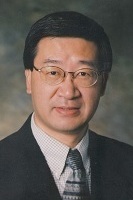 Congratulations to former Society president (2016-2019), Prof. Dayong Gao on his appointment to President-Elect of ISBER!
Congratulations to former Society president (2016-2019), Prof. Dayong Gao on his appointment to President-Elect of ISBER!
We are pleased to announce the following winners of the 2022 election for 3 Governor-at-Large roles for the term January 2023 - December 2025. These results are in no particular order:
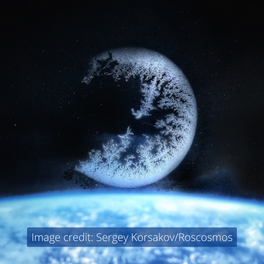 Space Ice Crystals - no one knows how they are formed and Cosmonaut Sergey Korsakov on the International Space Station (ISS) just snapped a photo of the first ones forming on a window. The window in question is most likely in the Russian module of the ISS so further information is limited and we can only speculate.
Space Ice Crystals - no one knows how they are formed and Cosmonaut Sergey Korsakov on the International Space Station (ISS) just snapped a photo of the first ones forming on a window. The window in question is most likely in the Russian module of the ISS so further information is limited and we can only speculate.
 Sometimes the world can seem like a cruel and dismal place. With issues like climate crisis, world hunger, and rising income inequality, to name a few, we can be hard-pressed to put a positive "spin" on the future our children & grandchildren will inherit.
Sometimes the world can seem like a cruel and dismal place. With issues like climate crisis, world hunger, and rising income inequality, to name a few, we can be hard-pressed to put a positive "spin" on the future our children & grandchildren will inherit.
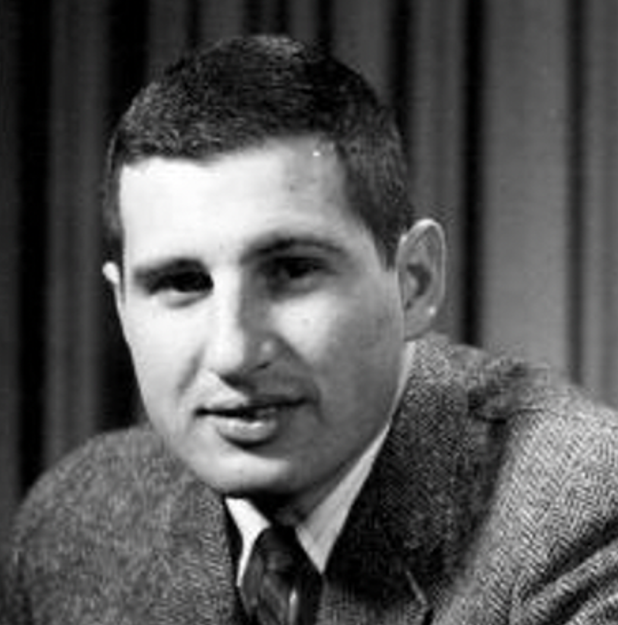 August 1, 2022 | Noon - 5pm | MIT, Bush Room 10-105 or via Zoom
August 1, 2022 | Noon - 5pm | MIT, Bush Room 10-105 or via Zoom
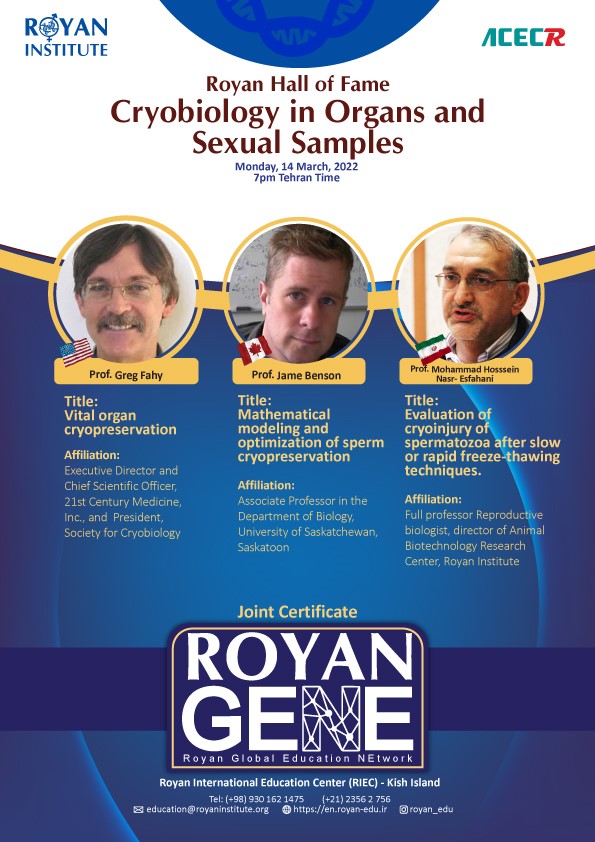 The core essence and beliefs of creating Royan Global Education Network focus on bringing all scientific activities and research of multilateral interests under one umbrella so that all those interested in various fields of activities can enjoy the benefits and seize the opportunities coming along with its activities and programs which appear as two phenomena called “Hall of Fame” and “Dialogue with Fame”. As per this spirit of unity, the 7th round Royan GENE program was held on 14 March 2022 as a Hall of Fame in the realm of Cryobiology in Organs and Sexual Samples. This Hall of Fame webinar featured highly notable lecturers from all around the world whose topics and speeches led to a fruitful webinar and discussion sessions, starting with the lectures of Prof. Gregory M.Fahy, president of Society for Cryobiology; Prof. James Benson, University of Saskatchewan; and Prof. M.H Nasr-Esfahani, director of animal biotechnology from Royan Institute. The topics and lectures represented through this program were mainly concerned with:
The core essence and beliefs of creating Royan Global Education Network focus on bringing all scientific activities and research of multilateral interests under one umbrella so that all those interested in various fields of activities can enjoy the benefits and seize the opportunities coming along with its activities and programs which appear as two phenomena called “Hall of Fame” and “Dialogue with Fame”. As per this spirit of unity, the 7th round Royan GENE program was held on 14 March 2022 as a Hall of Fame in the realm of Cryobiology in Organs and Sexual Samples. This Hall of Fame webinar featured highly notable lecturers from all around the world whose topics and speeches led to a fruitful webinar and discussion sessions, starting with the lectures of Prof. Gregory M.Fahy, president of Society for Cryobiology; Prof. James Benson, University of Saskatchewan; and Prof. M.H Nasr-Esfahani, director of animal biotechnology from Royan Institute. The topics and lectures represented through this program were mainly concerned with:
Vital Organ Cryopreservation
Mathematical modeling and optimization of sperm cryopreservation
Evaluation of cryoinjury of spermatozoa after slow or rapid freeze-thawing techniques
 |
The 5th Royan Symposium on Cryobiology and Biobanking was held here at Royan Research Institute (Tehran, Iran) on February 23, 2022, starting with a message from Society for Cryobiology President, Professor Gregory M. Fahy.
This year's virtual symposium enjoyed over 160 participants and highly notable lecturers from all around the world whose topics and speeches enriched the symposium far beyond what was expected, leading to fruitful discussion sessions. The main topics of this one-day symposium were cryoinjury, cryopreservation of reproductive cells & tissue, biobanks, and cryopreservation in COVID-19 times. |
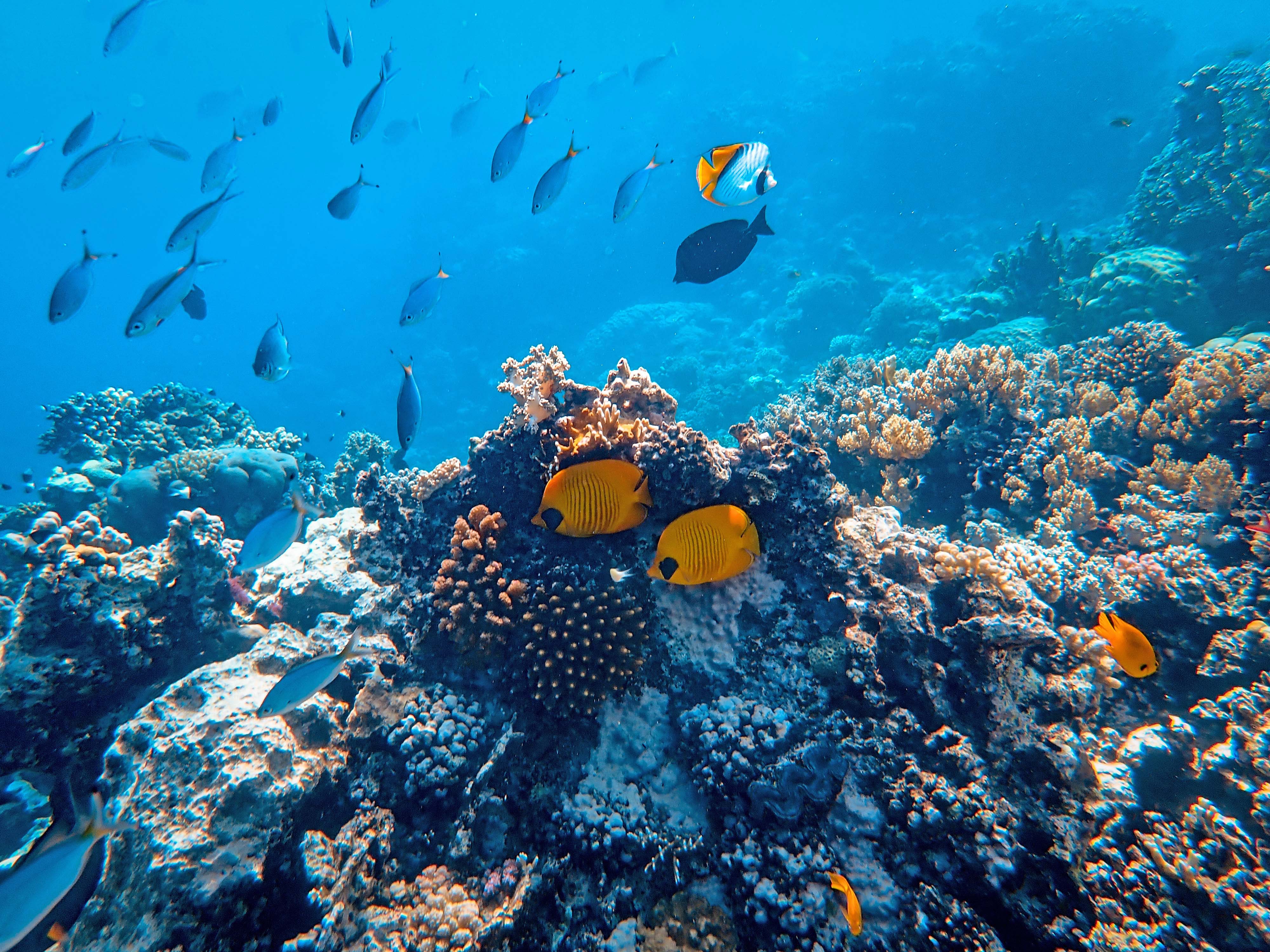 Dr. Dan Distel and his team have launched a non-profit marine genome bank at the Northeastern University Marine Science Center called the Ocean Genome Legacy Center. The OGL mission is to explore and preserve the wealth of information contained in the genomes (total DNA) of endangered, rare, unusual, and ecologically critical marine organisms and to make these primary materials available for researchers to access for future studies. So far, the OGL has amassed over 29,000 DNA samples that represent over 3,000 identified marine species. Often marine scientists spend a lifetime amassing a large number of samples and years of research notes, but what happens when they retire? Now they can donate the wealth of their collection to the OGL. The OGL doesn't just stop at the physical storage of genome samples in freezers. These DNA curators also collect the researcher's notes regarding each sample - dates, depths, locations, sample collection methods, etc. Any ambiguity leads the team back to the original researcher for clarification. This way when future researchers want to study or compare a similar sample, all the relevant context is available. Read more...
Dr. Dan Distel and his team have launched a non-profit marine genome bank at the Northeastern University Marine Science Center called the Ocean Genome Legacy Center. The OGL mission is to explore and preserve the wealth of information contained in the genomes (total DNA) of endangered, rare, unusual, and ecologically critical marine organisms and to make these primary materials available for researchers to access for future studies. So far, the OGL has amassed over 29,000 DNA samples that represent over 3,000 identified marine species. Often marine scientists spend a lifetime amassing a large number of samples and years of research notes, but what happens when they retire? Now they can donate the wealth of their collection to the OGL. The OGL doesn't just stop at the physical storage of genome samples in freezers. These DNA curators also collect the researcher's notes regarding each sample - dates, depths, locations, sample collection methods, etc. Any ambiguity leads the team back to the original researcher for clarification. This way when future researchers want to study or compare a similar sample, all the relevant context is available. Read more...
CALL FOR CRYOFELLOW NOMINATIONS - DEADLINE JULY 31
Past - President, Jason Acker, presents Past-President Dayong Gao with the CryoFellow Medal at CRYO2017.
The CryoFellows Nominations Committee is now soliciting nominations for the appointment of new CryoFellows. This Committee, consisting of three members of the Board of Governors and two CryoFellows, evaluates the nominations and makes recommendations to the Board for approval of new Fellows.
March 28: Nominations Open
July 31: Nominations Close
August - mid-September: Evaluation of nomination materials by Fellow Committee
September: Board of Governors to vote on Fellow Committee recommendations
The Society for Cryobiology established an award and medal of CryoFellow just over a decade ago in recognition of members of the society and individuals from the cryobiology community at large who have had an outstanding impact on the field.
CryoFellows are awarded this prestigious status in recognition of: scientific impact of their research on cryobiology (50%); sustained nature of that impact (20%); generation of scientific offspring (20%); and service to the Society (10%).
There is no formal application form on which to make the nomination, but the documents you provide the committee should be of sufficient depth to support the candidate's contributions to the categories mentioned above in a clear and demonstrable way. Usually, this will mean inclusion with the nomination:
(1) Supporting letters from members of the Society or other major contributors to cryobiology (including one from the nominator); and
(2) a detailed resume for the nominee. I suggest you contact the proposed CryoFellow to discuss their nomination before proceeding and to obtain the resume from the nominee.
Please note the nominated individual must be living at the time that he or she is nominated.
If there is someone you would like to nominate, or you would like to have an informal discussion before proceeding with a nomination, please email me at [email protected].
The nominations committee is now inviting expressions of interest from all Society members in good standing for the following positions
3x Governors (2023 - 2025)
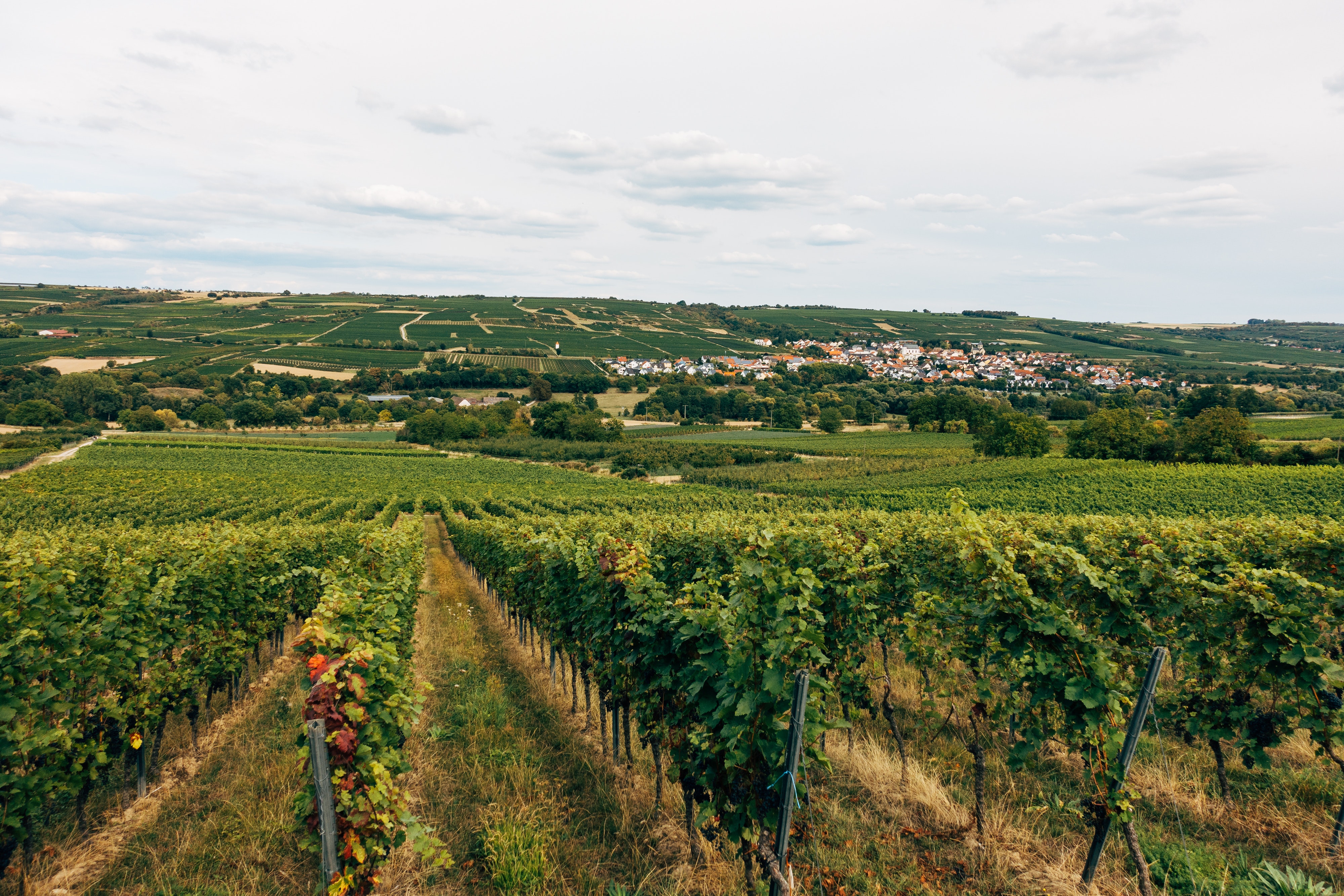 A world without your favorite wine? At best you'll pay more; at worst you won't get it at all. Climate change and a lack of biodiversity are making some grape and wine varieties obsolete. The French National Institute for Research into Agriculture, Food, and the Environment (INRAE) has launched the cryopreservation of the world's largest collection of historical grapevines. This $12.1 million (€ 10.4 million) conservation center was built to protect and support plant tissue supplied by Domaine de Vassal, a 27-hectare vineyard, with grapevines collected from the 1870s and will be stored in cryobanks of liquid nitrogen at -196°C. INRAE researcher, Phillippe Chatelet says the primary challenge will be the safe regeneration of these vine tissues.
A world without your favorite wine? At best you'll pay more; at worst you won't get it at all. Climate change and a lack of biodiversity are making some grape and wine varieties obsolete. The French National Institute for Research into Agriculture, Food, and the Environment (INRAE) has launched the cryopreservation of the world's largest collection of historical grapevines. This $12.1 million (€ 10.4 million) conservation center was built to protect and support plant tissue supplied by Domaine de Vassal, a 27-hectare vineyard, with grapevines collected from the 1870s and will be stored in cryobanks of liquid nitrogen at -196°C. INRAE researcher, Phillippe Chatelet says the primary challenge will be the safe regeneration of these vine tissues.
Read more.